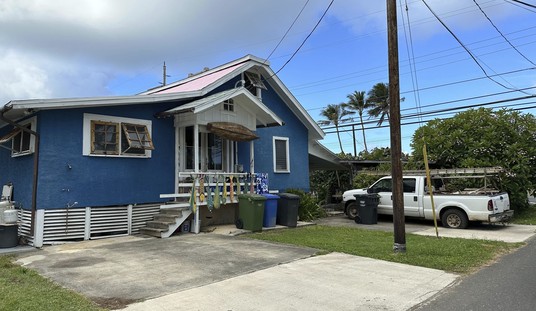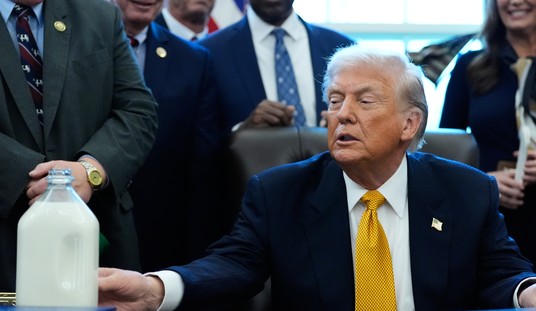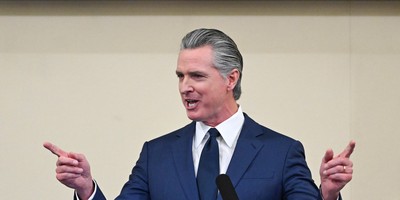Angry consumer outcries over rising prescription drug prices and new, high-cost drugs have prompted the presidential candidates to weigh in on the issue in hopes of scoring some points with voters. Hillary Clinton says she would cap Americans’ share of the cost (which would do nothing to lower the actual cost). Bernie Sanders supports a single-payer system with strict price controls. Donald Trump has even proposed allowing the importation of cheaper drugs from abroad (many of which are cheap due to price controls).
Not to be outdone by the presidential candidates, some state politicians, particularly now in Oklahoma, have also proposed a hodgepodge of bad ideas. These include disabling drug price ceilings for consumer drug plans. The beneficiaries of these proposed regulations are pharmacies, not consumers.
Here’s the deal. Obamacare requires an essential benefit package that includes some level of drug coverage. Drug benefits are generally administered by a prescription drug plan. An estimated 70 percent of Americans are enrolled in a drug plan through their employer, health insurer or Medicare Part D. Millions more -- mainly the uninsured -- have joined discount drug card programs. When millions of Americans who are enrolled in any of these drug plans walk into their neighborhood drugstore, they automatically receive discounted drug prices that have been negotiated on their behalf. However, uninsured consumers with discount drug cards and those enrolled in health plans with insurance deductibles that have not been met must still pay out of pocket for their prescriptions.
The problem for drugstores is that consumers covered by drug plans or drug cards aren’t as profitable as consumers without a plan who must pay cash. Walmart has even admitted Obamacare is eating away at its pharmacies’ bottom line. Expanding drug plan coverage under Obamacare cuts into pharmacy profits. Now, drugstores want a way to raise prices on drug plan customers.
Recommended
When drug plan managers designate pharmacy networks, they negotiate the lowest possible prices. Maximum allowable cost (MAC) price lists are a tool that insurance companies, drug plan managers and discount card sponsors use to define an upper payment limit on what health plans and consumers are required to pay for a given drug. Pharmacies have agreed to abide by these terms. Upper payment limits are negotiated annually with drugstores.
If state legislators are allowed to disable drug price ceilings, pharmacies will have little reason to hold down prices and would be able pass on higher costs to consumers.
State pharmacy trade associations are lobbying in support of breaking those price ceilings. The pharmacy lobby is now asking Oklahoma legislators to allow pharmacies to ignore drug discount agreements and pass price hikes on to consumers.
An existing law in Oklahoma (and many other states) already requires frequent updates to MAC lists and allows pharmacies to contest MAC prices they feel are too low. The existing laws were passed because prices for a few generic drugs were rising faster than MAC lists were being updated. Oklahoma is currently debating SB 1150 which would grant pharmacies the right to contest not only the MAC list price of any drug they dispense, but also contest other existing price limitations, such as those ceilings on co-pays and dispensing fees. This would grant Oklahoma pharmacies unprecedented pricing power over its customers enrolled in drug plans.
These laws could cost Oklahomans -- and residents of other states -- a bundle. When regulations that benefit an industry -- over consumers -- are adopted in one state, lobbyists take the battle to other state legislatures. More than a dozen states have laws regulating some aspect of MAC lists. In the past several years MAC legislation has been debated in nearly a dozen states and more will follow.
Most consumers now get price breaks on their drug costs because of the price ceilings negotiated by insurers, drug plan managers and discount card providers with pharmacies in each state. But this could all change if new laws allow drugstores to renege on negotiated contracts. Consumers, employers and taxpayers will be the ultimate loser if SB 1150 passes. Unfortunately, it could become a model for lobbyists in other states to try, as well.
























Join the conversation as a VIP Member